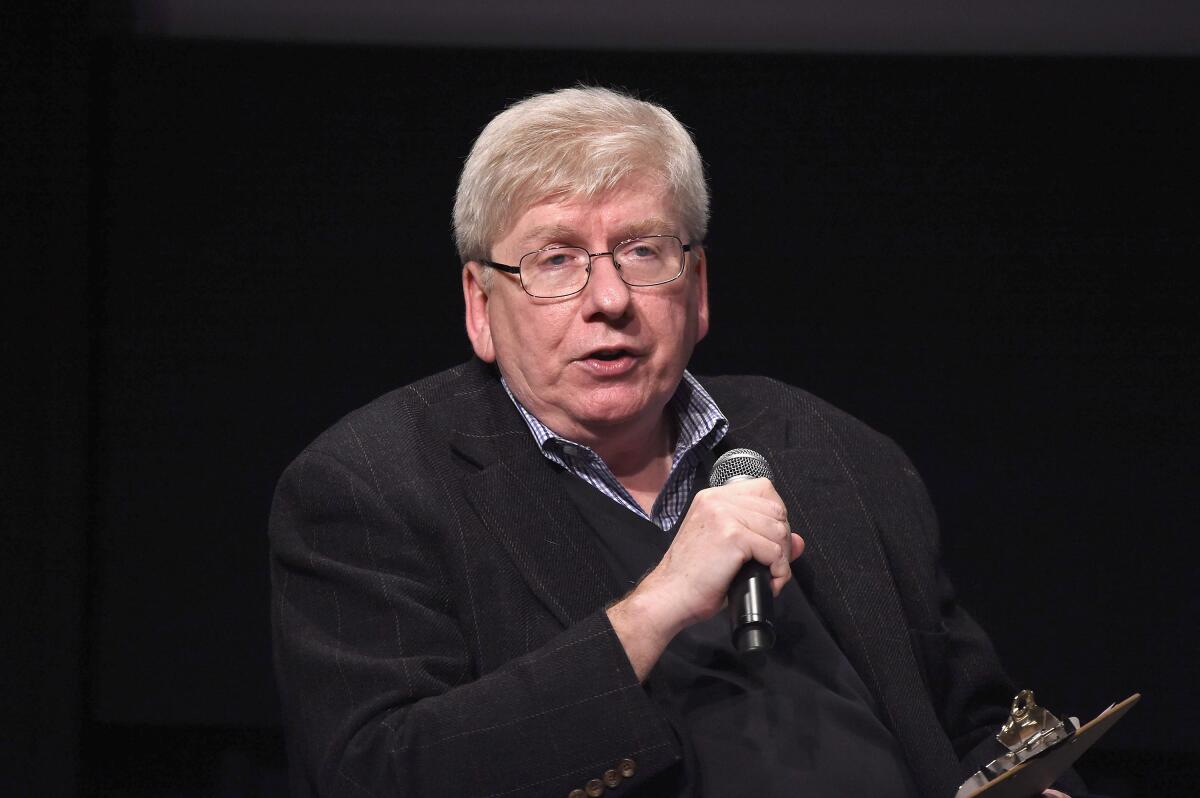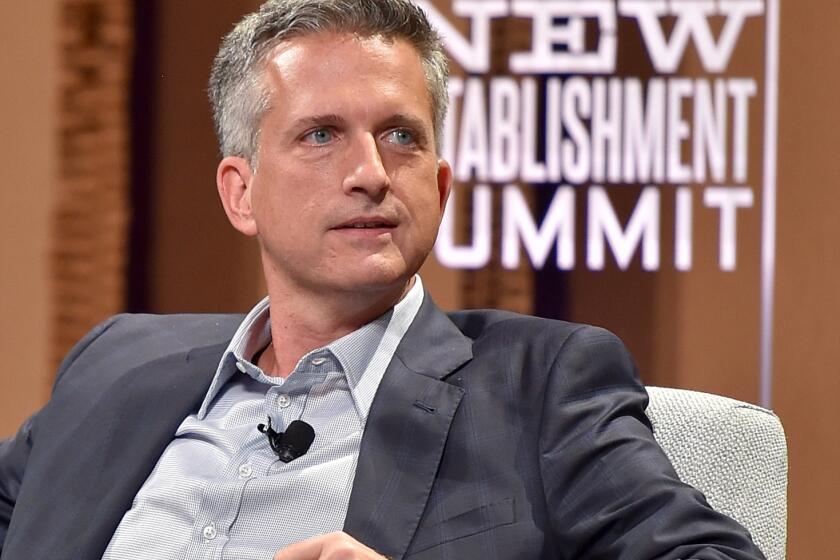WGA East votes for a new president as writers spar over news industry membership

Members of the Writers Guild of America, East elected Michael Winship as their new president in a contest that exposed widening divisions in the union over expansion of membership to include digital writers.
Winship, who ran uncontested, succeeds “House of Cards” showrunner Beau Willimon.
Winship, an Emmy and Writers Guild Awards winner, had previously been president from 2007 to 2017 and was running on the “inclusion and experience” ticket, an incumbent group of writers who challenge the aggressive shift into new-media organizing that has threatened to overwhelm the traditional base of TV and film writers.
Winship said he wanted to tackle the future identity and purpose of the union, as well as fight for more gains in the 2023 round of bargaining with studios, especially for underserved sectors such as comedy and variety, features and animation.
“This was perhaps the most difficult and hard fought campaign in the Guild East’s history but we can now put that past us and come together as a Guild and as a council committing ourselves to finding solutions that will be in the best interests of all of our members,” Winship tweeted.
In recent weeks, the election has highlighted a schism between film and TV writers who believe they are being outnumbered by the growing addition of new-media members.
The union has been aggressively organizing East Coast newsrooms and digital media groups over the last five years. Most recently workers at a 300-member bargaining unit at MSNBC, which includes writers, producers and booking producers, voted to unionize with the WGA East, adding to the contracts at news organizations including Vox and Vice that represent workers in nonfiction production. About half of the roughly 6,000 WGA East members are from the newly organized sectors, Winship estimated.
The Writers Guild of America East and other Hollywood unions are expanding their presence in podcasting, which is growing rapidly in L.A. It’s part of a wave of digital media organizing in recent years.
However, the votes cemented a win for the newcomers, the proponents of organizing in digital media known as the Solidarity Slate.
All seven of their candidates were elected and will, like other council members, hold their seats for the next two years, starting Wednesday. They believe all writers deserve union benefits and are fighting for their representation to continue.
“It means there’s a mandate from the members of the union for the union to continue organizing and building power in the same way that it has been for more than five years now,” said New York-based Hamilton Nolan, a labor reporter for In These Times who was elected to the council.
He and others who belong to the Solidarity Slate have faced vocal opposition from longtime members led by “The Wire” creator David Simon, a member since 1985 who was reelected to the council Tuesday. As one possible solution, he has proposed spinning off the digital wing of the union.
Simon, arguably the best known of the union leaders, said in his candidate statement that after fighting the campaign against industry packaging, he had been planning to step down from the council.
However, concerns about the future of the union and its departure from traditional areas of organizing prompted him to run again. On his personal website, he argued that during the last five years there was no strike but that strikes were part of the union’s armory and necessary in being able to bring studios to the table.
“While increased dues from digital members will, over time, reduce the subsidization of the WGAE’s organizing and representation of that sector, the fact remains that the lion’s share of our dues base comes from screen and television writers and will for years to come. In such a circumstance, a divided union council can also be a huge liability,” Simon wrote.
He reiterated those concerns in an interview Tuesday night.
“With one or two more election cycles we [TV writers ] are going to be a minority in a guild that is devoted to writing in other sectors,” he said. “Does that not lead to an inevitable exodus of freelance writers and tv and radio script writers to the WGAW? And if it does, does the WGAE become insolvent and incapable of serving anybody?”
Nolan said this should not be a concern. “We believe in solidarity,” he said. “There is absolutely no doubt in my mind that if there were ever a TV writers strike we would support the TV writers in the same way that we would expect them to support us.”
Many writers were hit hard during the pandemic, particularly those in non-scripted television and in news, which have seen rounds of layoffs.
The writers were vying for nine open council seats, six so-called freelance positions and three staff positions, as well as the offices of president, vice president and secretary-treasurer.
Freelance members work in screen and television, and staff members work in television, radio and digital news shops under the guild’s jurisdiction.
The results were based on 6,746 votes, 30.09% of eligible voters, the WGA East said.
More to Read
Inside the business of entertainment
The Wide Shot brings you news, analysis and insights on everything from streaming wars to production — and what it all means for the future.
You may occasionally receive promotional content from the Los Angeles Times.












